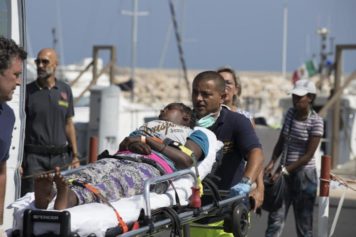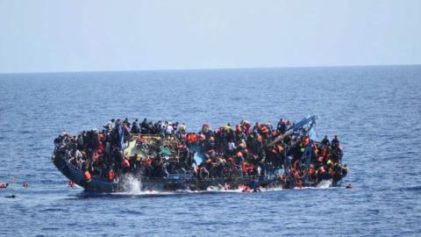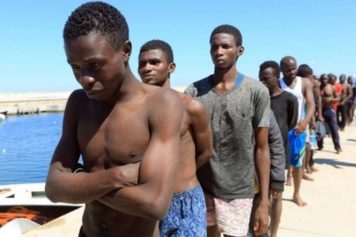On Saturday, for the first time in 60 years, Libya will hold free elections. Almost three million Libyans have registered to vote, and will elect 200 of the 1,400 candidates to form a new National Assembly. The assembly will be the country’s temporary government, tasked with developing a new constitution before another set of elections next year.
It has been nine months since the regime of Moammar Gadhafi was ousted after 42 years in power. In Tripoli’s newly named Martyrs’ Square, the streets are decorated with campaign posters and citizens discussing the political issues facing the country.
“Stuff hasn’t become suddenly a lot better. That’s just truth right now. But obviously we know it will get better because there still needs to be time for the elections to happen and for a new government to come and bring change,” said student Amin Siyala, who returned to Libya from Britain for the summer.
There are concerns that with such a large number of candidates and positions, voters will be unaware of who they are voting for. However, with questions of security, along with regional and tribal clashes occurring in the aftermath of the revolution, some feel that the election is not the country’s main priority.
Anthony Skinner, a British analyst for the Maplecroft risk assessment firm, broke down some of the pressing issues. “It’s inevitable that these various groups will want to ensure that their interests are protected. And they will continue to jockey for power. And unfortunately because of the level of armament and because the various militias have not been absorbed into the military, this will translate into further gun battles, I expect,” Skinner told Voice of America.
There are over 140 parties and factions campaigning for different candidates in the elections, with no known favorite. Islamist leaders are expected to do well, but secular officials who were involved in the post-Gadhafi transition will likely have a strong presence too. Regardless of the outcome, Libyans appear confident that the country will be able to steady itself with a moderate path in its new era of government.


